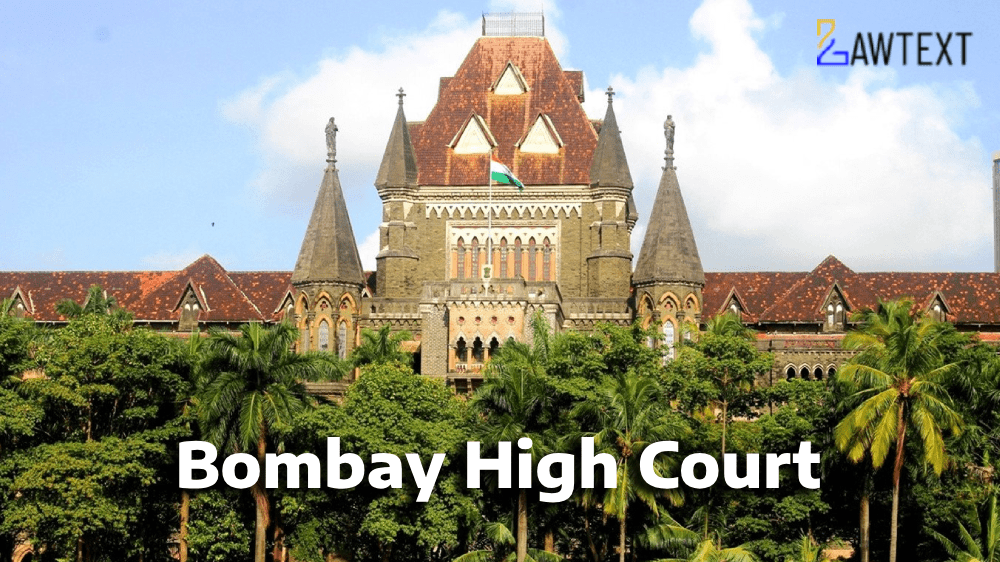

Income-tax Act, 1961 – Section 279(2) – Compounding of Offences – CBDT Guidelines – Discretion of Authority
The court reaffirmed that when a statute does not prescribe a limitation period, one cannot be introduced through administrative guidelines. The competent authority must exercise discretion in considering compounding applications rather than mechanically applying rigid timelines. (Paras: 6, 7, 9, 10, 11)
The Bombay High Court held that:
a. The Chief Commissioner erred in treating the guidelines as a binding statute and rejecting the application solely on the ground of delay.
b. The guidelines did not exclude the possibility of discretion in exceptional cases.
c. The competent authority must assess the merits of each case rather than impose a rigid timeline.
The impugned order was set aside, and the Chief Commissioner was directed to reconsider the petitioner’s application based on the observations made in the judgment.
Compounding of offences – Limitation period – CBDT guidelines – Discretion of authority – Judicial precedents – Reconsideration – Reasonable period
a. The petitioner, M/s L. T. Stock Brokers Pvt. Ltd., challenged the order dated 17 January 2024, passed by the Chief Commissioner under Section 279(2) of the Income-tax Act, 1961, rejecting its application for compounding of offence.
b. The rejection was based on the ground that the application was filed beyond 36 months from the date of the complaint, as per the CBDT guidelines dated 16 November 2022.
c. The petitioner contended that the Income-tax Act did not prescribe any limitation period for filing a compounding application, and such a restriction could not be imposed through guidelines.
a. Whether the Chief Commissioner could reject the compounding application solely on the ground of delay beyond 36 months?
b. Whether the CBDT guidelines could introduce a limitation period not prescribed by the statute?
a. The petitioner relied on the Bombay High Court’s decision in Sofitel Realty LLP v. Income-tax Officer (TDS) and the Madras High Court’s ruling in Kabir Ahmed Shakir v. Chief Commissioner of Income Tax, which held that no limitation period could be introduced through guidelines when the statute itself was silent.
b. The revenue argued that even in the absence of a statutory limitation, applications must be filed within a reasonable period. It relied on the Supreme Court’s decision in Vinubhai Mohanlal Dobaria v. Chief Commissioner of Income Tax, which upheld certain provisions of the 2014 CBDT guidelines, including a prescribed timeline for compounding applications.
Citation: 2025 LawText (BOM) (3) 45
Case Number: WRIT PETITION (L) NO. 21032 OF 2024
Date of Decision: 2025-03-04
Case Title: M/s. L. T. Stock Brokers Pvt. Ltd. Versus The Chief Commissioner Of Income Tax - 2, Mumbai
Before Judge: M.S. Sonak & Jitendra Jain, JJ.
Advocate(s): Mr Mayur Vinod Faria a/w Mr Harshal Hasmukh Savla, for the Petitioner. Ms Shilpa Goel, for the Respondent.
Appellant: M/s. L. T. Stock Brokers Pvt. Ltd.
Respondent: The Chief Commissioner Of Income Tax - 2, Mumbai